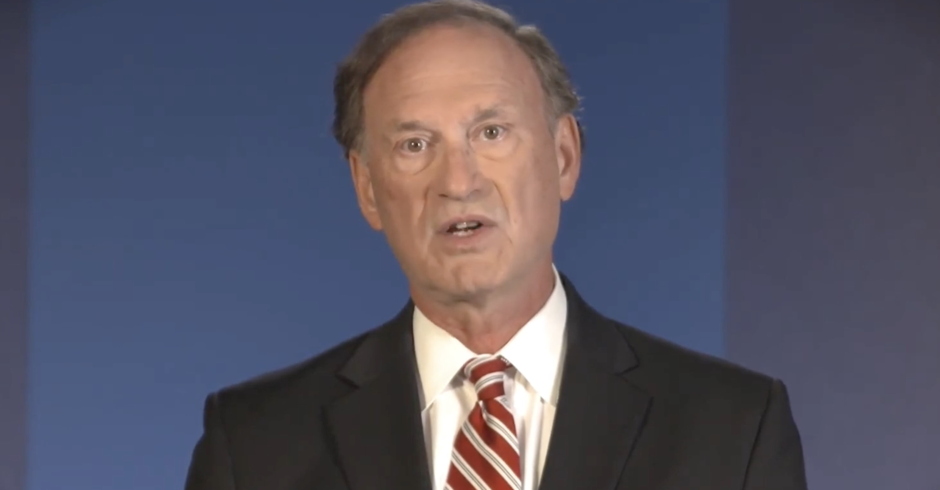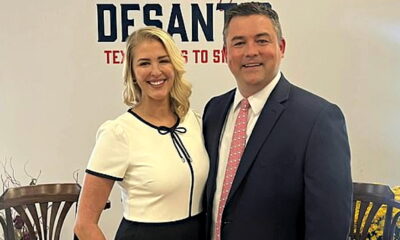Kosovars Recover From a Wave of Anti-LGBT Violence; Now What?
Kosovo 2.0 and LGBT groups in Kosovo are recovering from a wave of violence in the past week, but have the attacks caused people to become even more closeted? What’s next?
An opinion editorial by Seyward Darby.
This past summer, when I was conducting interviews for an article about LGBT life in Kosovo, a source told me, “We’re all paranoid. That’s part of the whole gay experience.†On the heels of the attacks this past weekend that targeted the magazine Kosovo 2.0 and the LGBT organization Libertas, the same source said, “The paranoia I talked about with you will just grow now. … Everything regressed.†It was a statement imbued with sorrow and frustration, and one that I hope proves incorrect. Whether that happens, however, depends on how the Kosovo government and public respond to the recent attacks. So far, in that respect, there is some room for optimism—but there is also room for profound concern.
By now, what happened over the weekend is well-known: On Friday, December 14, a group of men stormed Kosovo 2.0’s publicity event for its “sex†issue, which included my article and others with LGBT themes. They destroyed equipment and beat one staff member. Later that night, a large group protested outside a second event, a dance party, yelling “Jasht, Jasht Pederast†(among other things) and forcing some attendees to flee and hide; the police escorted others away as the crowd jeered and shouted. Then, on Sunday evening, as Libertas hosted a small, private gathering at its Prishtina office, a group of men attacked and beat one partygoer in the street, forced their way into the building where the office is located, and threw some sort of gas into the premises.
Prime Minister Hashim Thaci, Human Rights Ombudsperson Sami Kurteshi, Deputy Foreign Minister Petrit Selimi, the OSCE, the U.S. Embassy, and others have issued statements condemning the attacks. Officials have promised to probe what happened, and they have firm legal ground on which to stand: Article 40 of the constitution guarantees freedom of expression, so long as it is not used for the “encouragement or provocation of violence and hostilityâ€; Article 43 guarantees freedom of media; Article 44 protects the right to gather peacefully; and the country’s Anti-Discrimination Law protects all people from discrimination, including on the grounds of their sexual orientation.
The responses to the attacks, certainly, are heartening. They came rapidly and hit all the right notes. Yet words, just like laws on paper, are not enough; they must translate into action.
Too often, in Kosovo (as in many countries), promises to investigate and prosecute human rights abuses are never fulfilled. In part, this is due to the numerous growing pains that plague the country’s capacity for governance. But there are other, more personal reasons that can explain, in particular, a failure to protect the LGBT community and its supporters. This summer, I spoke with Kurteshi about why his office has not handled a case related to LGBT rights. He said it is because no one has ever filed one, but he also admitted that he cannot be sure what would happen with such a case. “We cannot promise to do too much,†he said. “People who work here are part of society, too. … [Perhaps] they cannot identify with [the LGBT community] and are maybe not able to do their best to solve the problem.â€
Kurteshi’s comments indicate an awareness of the deep-seated prejudice that many in Kosovo harbor toward LGBT people. It is fair to assume the same sentiments exist in other government ministries, as well as among law enforcement. Overcoming biases within their own ranks will be officials’ first task in responding substantively to the weekend’s attacks. Prejudice cannot permit impunity.
The government’s second task will be to use these events as a launch point for raising awareness about LGBT rights. No one, of course, should be under the illusion that the government can snap its fingers and eliminate bigotry or even discomfort felt toward the LGBT community. But all states have an obligation to impart information about and encourage respect for human rights. In other words, the government should not stop talking about these attacks; it should point to them as examples of that which Kosovo aspires to move beyond.
Officials, however, are not the only ones who bear responsibility. So too do those among the Kosovo public who profess to believe in human rights. Here, there is a troubling refrain. I have heard it since the attacks, and I heard it over the summer in the course of my research. It goes something like, “Rights are good, and I don’t have a problem with gay people. But why can’t they just keep to themselves and not show us they’re gay? Kosovo is not ready for gay people.â€
There are many problems with this argument. First, someone who says they support rights, whether an activist or not, cannot pick and choose which rights to respect. This implies that certain people are not worth the same treatment as others. Second, saying LGBT people should hide themselves—something most of them already take great pains to do—implies that they should not be allowed to exercise their full range of rights and instead accept living in silence and fear for the foreseeable future.
Third, saying “Kosovo is not ready†is not entirely inaccurate; as this past weekend showed, conservative notions of family, religion, and other institutions have strong roots. But it is wrong in the sense that LGBT people already live in Kosovo. They are not being created. They are Kosovars like any other, holding jobs, worshipping in mosques, cherishing their families, and sipping coffee in cafes on Mother Theresa Boulevard. The “Kosovo is not ready†argument cannot be an excuse to preserve the status quo that suppresses and intimidates these individuals, because doing so means allowing forces of hatred to win the day. The situation will change only when there is ongoing dialogue and outreach, both formal and informal, which encourages tolerance and hopefully acceptance.
In a statement after the weekend’s attacks, Libertas and Qesh, another LGBT organization, said, “Even though these actions created fear, [they] also made us stronger. From these incidents, [the] LGBT community will continue to fight… and advocate for our rights.†The determination of LGBT leaders must be met with both government action and public support. Otherwise, as my source told me, paranoia will grow, and hard-fought, incremental gains for LGBT rights will be lost.
This op-ed was originally published in Prishtina Insight in response to a series of attacks on free speech and the rights of LGBT people in Kosovo that occurred last week.
Seyward Darby is an American freelance journalist. She spent the summer in Kosovo working for Youth Initiative for Human Rights on a LGBT project and researching a related article for Kosovo 2.0.

Enjoy this piece?
… then let us make a small request. The New Civil Rights Movement depends on readers like you to meet our ongoing expenses and continue producing quality progressive journalism. Three Silicon Valley giants consume 70 percent of all online advertising dollars, so we need your help to continue doing what we do.
NCRM is independent. You won’t find mainstream media bias here. From unflinching coverage of religious extremism, to spotlighting efforts to roll back our rights, NCRM continues to speak truth to power. America needs independent voices like NCRM to be sure no one is forgotten.
Every reader contribution, whatever the amount, makes a tremendous difference. Help ensure NCRM remains independent long into the future. Support progressive journalism with a one-time contribution to NCRM, or click here to become a subscriber. Thank you. Click here to donate by check.
 |






















